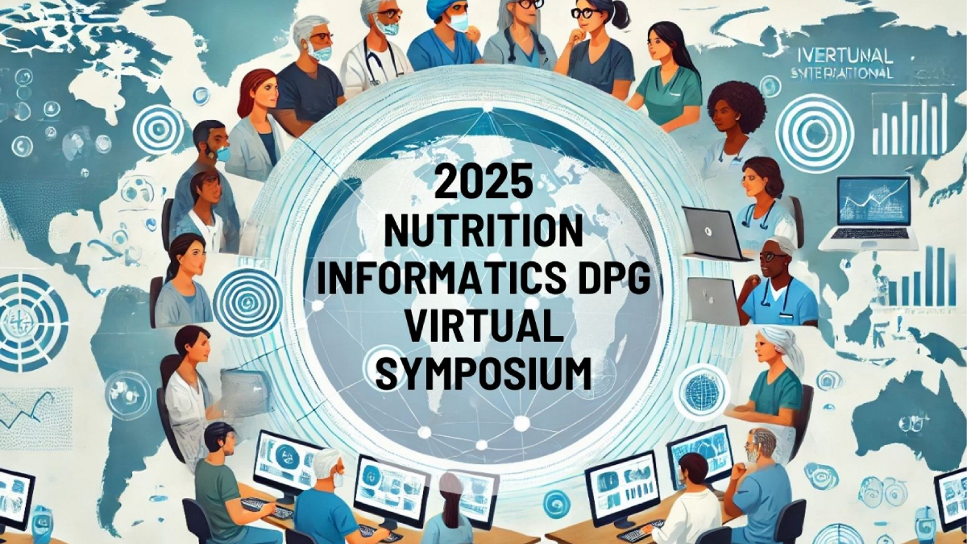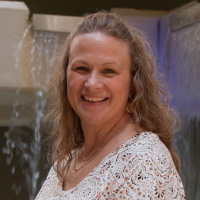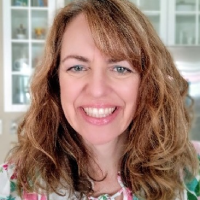2025 Nutrition Informatics DPG Virtual Symposium

2025 Nutrition Informatics DPG Virtual Symposium
Your Price $40.00 - $150.00
| Membership Type | Pricing |
|---|---|
| Member | $120.00 |
| Non-Member | $150.00 |
| DPG47 Nutrition Informatics - Member | $60.00 |
| DPG47 Nutrition Informatics - Retired | $40.00 |
| DPG47 Nutrition Informatics - Student | $40.00 |







